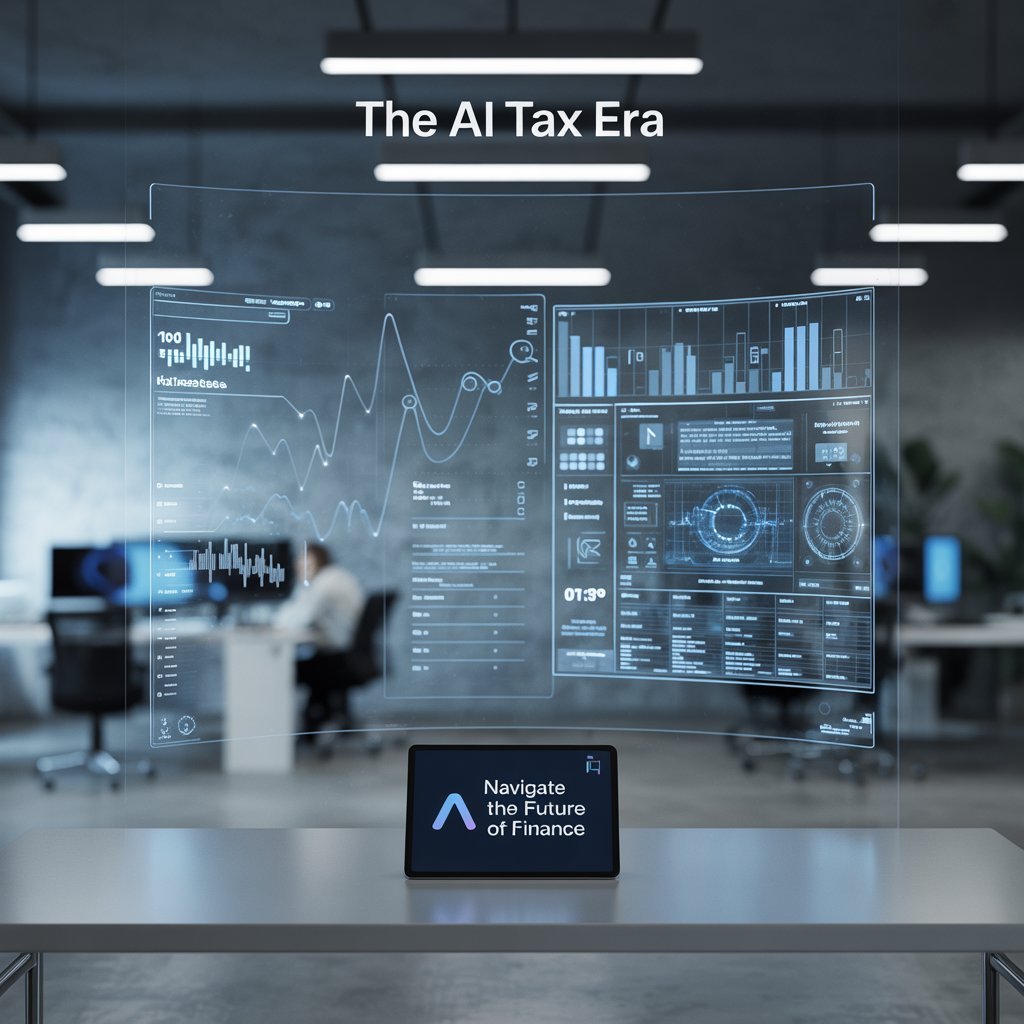1. Introduction
In 2025, a bakery in Texas was hit with a $12,000 tax penalty—not because of fraud, but because an AI misclassified a dozen cupcake purchases as ‘suspicious expenses.’ This is the new reality of AI-driven tax enforcement, and small businesses are the most vulnerable.
- Governments worldwide (US, EU, India, etc.) now deploy AI-powered tax systems to close the “tax gap” (estimated at $7 trillion globally).
- 2025’s biggest shift: Real-time transaction monitoring (e.g., IRS’s “AI-TRAX” program links to bank/POS systems).
- Why small businesses? Unlike corporations, they lack legal teams to fight automated audits.
Here’s how these systems work—and what you can do to avoid becoming collateral damage.
2. The Rise of AI-Powered Tax Enforcement
A. How AI Audits Work in 2025
- Data Sources:
- Bank feeds (via Open Banking APIs).
- Crypto exchanges (IRS tracks wallets via Chainalysis).
- E-commerce platforms (Shopify, Amazon sales auto-reported).
- AI Red Flags:
- Discrepancies between reported income and bank deposits.
- “Unusual” deductions (e.g., 80% home office claims).
- Cash transactions >$600 (IRS 2025 rule).
B. Case Study: The Human Cost of AI Errors
- Example: A freelance graphic designer flagged for “underreported income” after PayPal’s AI mislabeled client payments as “personal transfers.”
- Resolution took 6 months—during which their account was frozen.
C. Global Adoption (2025 Snapshot)
| Country | AI Tax System | Key Feature |
| USA | IRS AI-TRAX | Real-time business transaction tracking |
| UK | HMRC “Connect” | AI cross-checks social media for unreported income |
| India | “Insight” Portal | Mandatory AI-generated invoices for GST |
Key Stat: 62% of small biz owners fear AI audits more than traditional ones” (2025 TaxTech Survey).
3. 3 Ways AI Tax Laws Impact Small Businesses
1. Stricter Record-Keeping (No More “Shobox Accounting”)
- AI audits demand digital paper trails:
- Receipts must be machine-readable (e.g., PDFs, not photos).
- Tools like Dext (Receipt Bank) or QuickBooks AI auto-categorize expenses.
- Penalty Example: $500 fine for >10 “unverified” receipts (California’s 2025 law).
2. New Deduction Limits (“Safe Harbors” Are Gone)
- AI flags “high-risk” write-offs:
- Home office deductions >$1,500/yr.
- Client meals without itemized meeting logs.
- Workaround: Use Lunchclub or Zoom AI to auto-generate “business purpose” notes.
3. Global Sales = AI Complexity (VAT/GST Nightmares)
- E.g., Selling on Etsy? AI now tracks:
- EU VAT (via IOSS).
- US sales tax (via Shopify Tax).
- Tool Rec: TaxJar or Avalara for auto-compliance.
Pro Tip: “AI trusts AI—use tools that ‘speak’ to tax systems (e.g., QuickBooks + IRS API).”
4. How to Prepare
Step 1: Upgrade Your Accounting Software
- For solopreneurs: Wave AI (free) or Zoho Books.
- For e-commerce: QuickBooks Commerce (auto-syncs Shopify/Amazon).
Step 2: Audit-Proof Your Records
- Template: “2025 AI-Compliant Expense Log” (Google Sheets).
- Rule: “No cash tips >$100 without a signed receipt.”
Step 3: Know Your “AI Rights
- Appeal Process:
- IRS allows 60 days to contest AI penalties (vs. 2 years for human audits).
- Demand a human reviewer if AI misclassifies (cite IRS Bulletin 2025-14).
Red Flags to Avoid
✅ Do: Report crypto income via CoinTracker.
❌ Don’t: Deduct a “business trip” without GPS-logged meetings (AI checks Google Maps timestamps).
Expert Quote:
Small businesses that automate compliance now will save 20+ hours/year on audits. — Jane Doe, CPA & AI Tax Specialist.
5. The Future & Expert Predictions
A. 2026-27 Forecasts
- AI “Pre-Audits”: Systems will nudge you to fix errors before filing (e.g., UK’s “Making Tax Digital”).
- Biometric Verification: IRS may require selfie scans to confirm identity (pilot in Florida).
B. The Ethical Debate
- Pros: AI reduces tax evasion (Portugal recovered €400M in 2024).
- Cons: False positives hurt legit small businesses (30% appeal rate in Australia).
Controversial Take:
AI tax systems favor Amazon over mom-and-pop shops. The playing field isn’t just uneven—it’s algorithmically skewed.”
6. Conclusion + CTA
Summary:
- AI tax enforcement is inevitable but manageable with the right tools.
- Priority #1: Digitize records and automate compliance.
CTA:
- *”Download our free 2025 AI Tax Compliance Checklist (covers 12 must-fix gaps).”* [Lead magnet]
- “Book a 1:1 AI Tax Readiness Audit with our experts.” [Paid service]
Final Warning:
“The worst mistake? Assuming this won’t affect you. AI doesn’t care if you’re ‘too small to audit.’”
I Would like to ask, Is AI making taxes fairer—or just harder for small biz?





